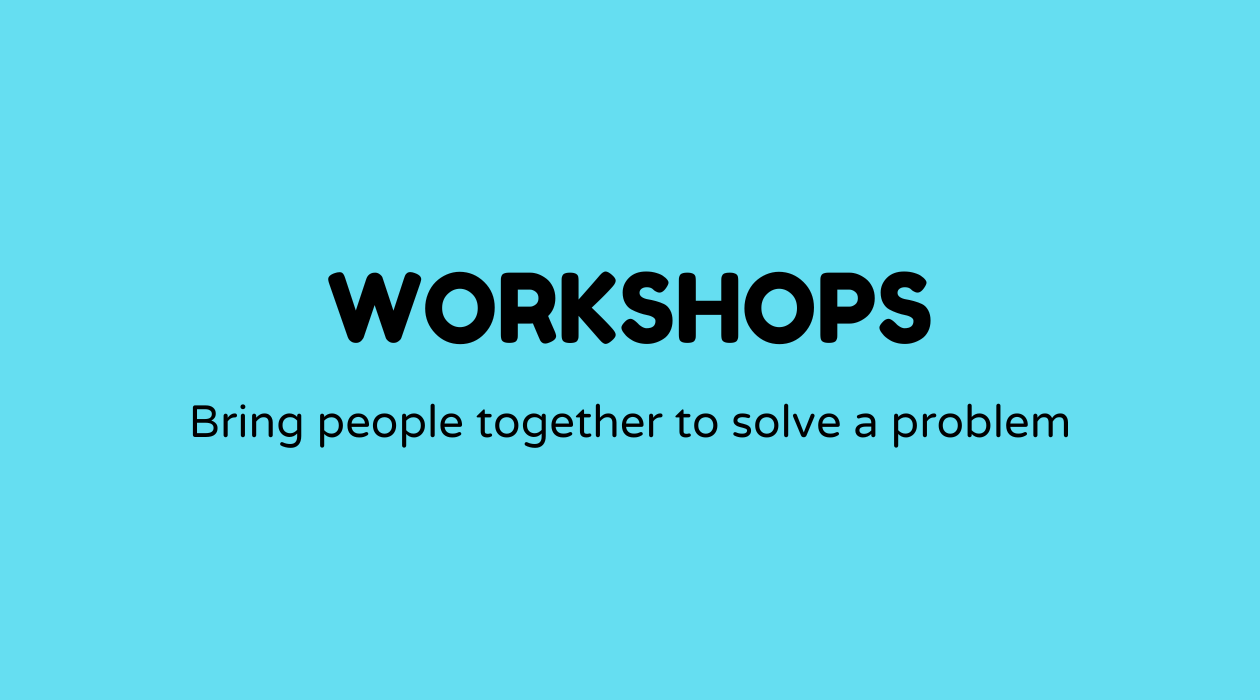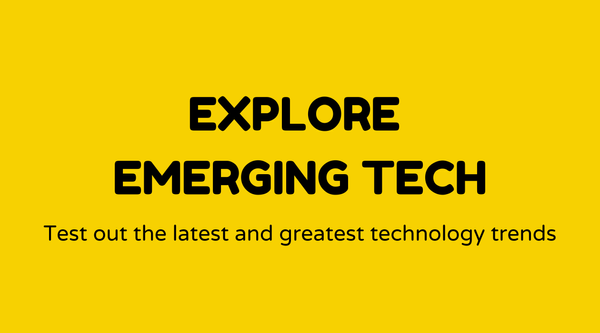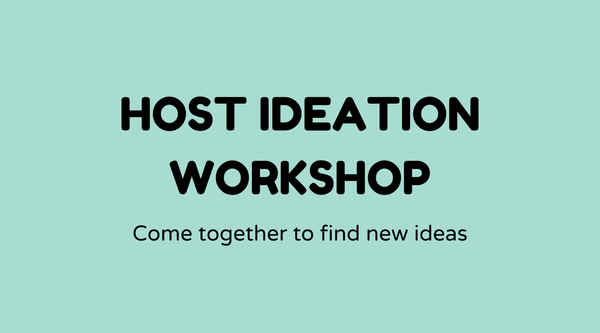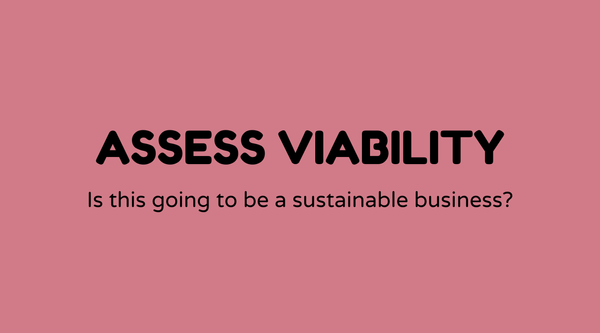Workshops

Overview of Workshops:
Workshops are interactive, collaborative sessions designed to focus on specific topics or skills within a structured environment. They are perfect for learning, problem-solving, and making connections with others. Workshops can last from half a day to several days and attract participants from various backgrounds. These sessions typically include activities such as group discussions, hands-on tasks, and presentations.
Workshops serve a wide array of sectors, including education, business, and technology. Organizations utilize them to promote team-building, educate staff, and develop particular skills.
Why Workshops Matter:
Workshops provide avenues for personal and professional development. They create an interactive environment where individuals can share knowledge, tackle challenges, and gain new viewpoints. Collaborative problem-solving enriches understanding and ensures that concepts are effectively comprehended.
Integrating workshops into a business strategy can lead to improved communication, increased creativity, and heightened productivity amongst teams. For example, Google Ventures Design Sprint is well-known for its influence on product development.
What is a Workshop:
A workshop is a focused, participatory event aimed at teaching or enhancing skills on a particular subject. By emphasizing active learning, workshops differentiate themselves from other educational formats such as lectures or seminars. Key components include:
- Interactive Exercises: Tasks that encourage active involvement.
- Group Discussions: Facilitated conversations for sharing ideas and solutions.
- Expert Presentations: Talks by specialists designed to convey core knowledge.
Here's a breakdown of elements commonly found in workshops:
| Element | Description |
|---|---|
| Introduction | Brief overview and objectives setting |
| Interactive Sessions | Hands-on activities to apply new skills |
| Group Work | Collaborative problem-solving exercises |
| Presentations | Keynote speeches or topical discussions by experts |
| Feedback Assessments | Gathering participant feedback to measure effectiveness |
How to Run Workshops:
Conducting an effective workshop requires thoughtful planning and execution. Here’s a simplified step-by-step approach:
- Identify Objectives: Clearly define what participants should accomplish.
- Develop Material: Prepare content and resources necessary for activities.
- Choose the Right Venue: Ensure the space suits all activities comfortably.
- Promote Engagement: Use strategies to encourage participation, like ice-breakers or collaborative tasks.
- Facilitate Discussions: Steer conversations to maintain focus and productivity.
- Evaluate Success: Gather feedback to enhance future sessions.
Examples of Workshops:
Workshops vary significantly in focus and execution. Here are a few examples:
- Design Thinking Workshops: Aimed at encouraging innovation and creative solutions.
- Coding Bootcamps: Intensive sessions for teaching programming skills.
- Leadership Training: Concentrating on developing managerial skills and teamwork.
FAQs
Are workshops only suitable for professionals?
- No, workshops are available for all ages and skill levels, including students and hobbyists.
How long should a workshop typically last?
- While half-day sessions are common, the duration depends on the topic and objectives.
What should participants bring to a workshop?
- Usually, all necessary materials are provided, but personal notebooks can be beneficial.
Can workshops be conducted online?
- Yes, virtual workshops are increasingly common, offering flexibility and a broader reach.
How can I ensure high engagement in a workshop?
- Integrate interactive elements, allow for breaks, and encourage active participation.
What is the difference between a seminar and a workshop?
- Workshops emphasize hands-on participation, while seminars are more focused on lectures.



